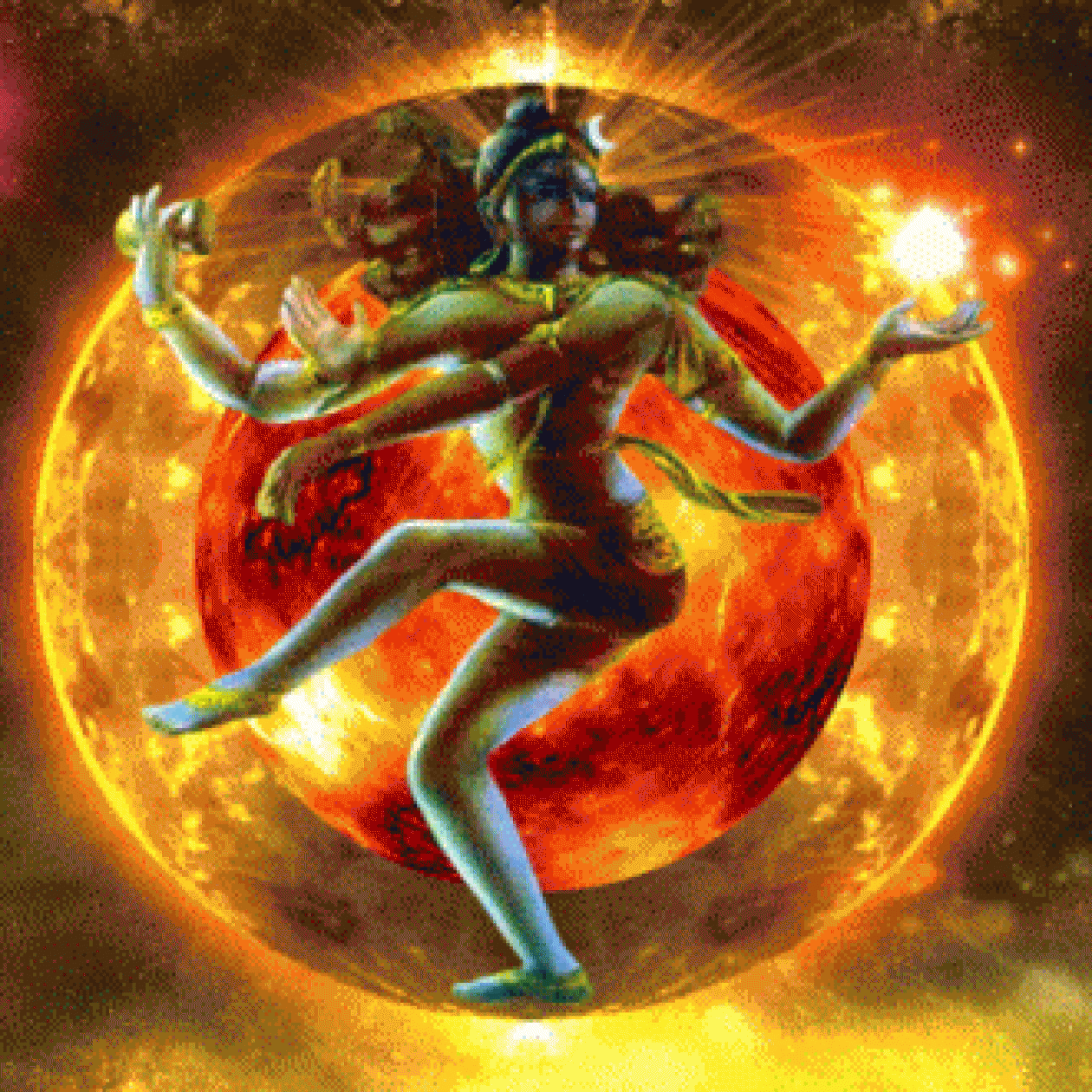MahaVishnu, Hiranyagarbha, Parmatma
This material world (1/4 of the Spiritual Sky) is made up of unlimited massive Brahmanda material universes, all coming from Maha-Visnu’s Bodily Form, from His breathing and the pores of … Continue reading
Ancient Indian Vimana
Hinduism’s understanding of time is as grandiose as time itself. While most cultures base their cosmologies on familiar units such as few hundreds or thousands of years, the Hindu concept … Continue reading
Introduction to Sacred Ved -part 1
One of best video to get starting day one knowledge of sacred ved that started when mankind took birth. It is not written by men and it is in Vedic … Continue reading
Astronomy-Time in BhagvatGita- Part 2
This part 2 of BhagvatGita about Vedic astronomy and Lokas , multiple Universe. Part one is Here Calculation of Time, from the Atom Srimad-Bhagavatam Canto 3 Chapter 11 By His Divine Grace … Continue reading
When Kalki the Destroyer Descends: Apocalypse in ~427000 years
A apocalypse, that Kalki will bring about the destruction of the world when mankind has completely abandoned religion, “when nothing is known of the techniques of sacrifice, even by word.” … Continue reading
Astro Bhagavatam-Ancient India
Astro-Hinduism —-The Knowledge of Bhagavatam. There is a wealth of Astronomical data available in ancient Hindu scriptures. I’ll first share our current knowledge about Astronomy and then we can compare … Continue reading
A Tribute to Hinduism
In the Vedic literature of India,there are many descriptions of flying machines that are generally called Vimanas. India’s national epic, The Mahabharata, is a poem of vast length and complexity. … Continue reading
Bacteria and viruses in Bhagvatpuran
Santi Parva Section XV Arjuna talks about the strongest species killing the weakest for its survival and how that is the nature of this world. “I do not behold the … Continue reading
The Movements of the Sun per Śrīmad-Bhāgavatam
Srimad Bhagavatam Canto 5 Chapter 21 text 1 to text 19 : The Movements of the Sun by His Divine Grace A.C Bhaktivedanta Swami Prabhupada This chapter informs us of … Continue reading











